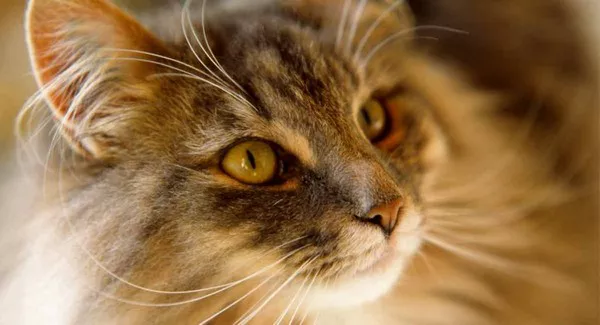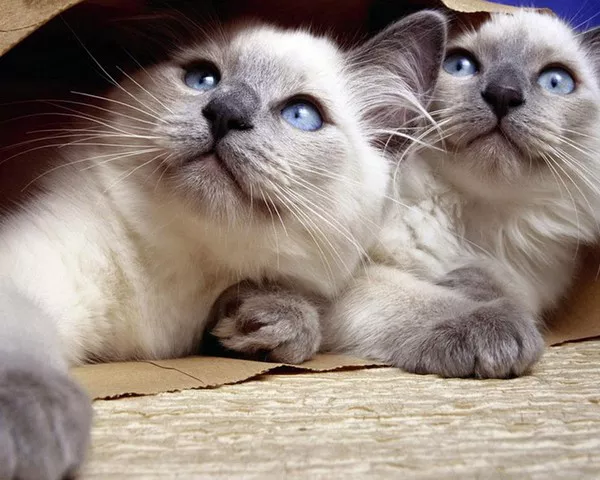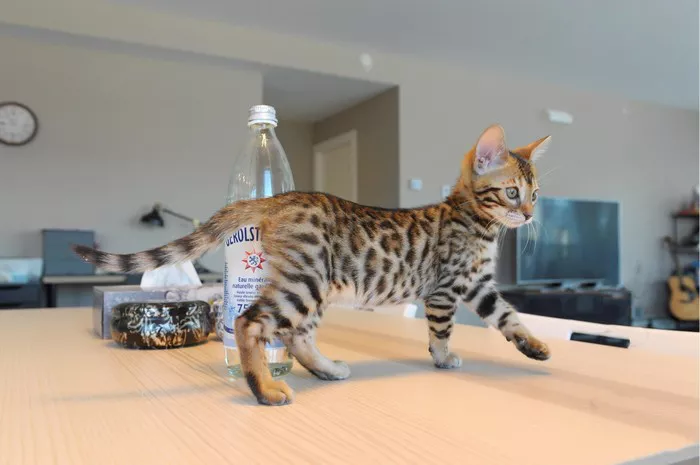Cats, those beloved and enigmatic companions, are vulnerable to various health issues, including internal parasites like worms. Worm infestations can be a common concern among cat owners, necessitating early detection and proper treatment. In this comprehensive guide, we will delve into the world of feline worm infestations, exploring the symptoms that may indicate their presence, potential risks, and the importance of seeking timely veterinary care.
Understanding Feline Worms
1. Types of Worms
Feline worms encompass various species, including roundworms, tapeworms, hookworms, and more. Each type poses distinct health risks to cats and requires specific treatments.
2. Common Modes of Transmission
Cats can contract worms through various pathways, such as ingesting contaminated food or water, grooming infected fur, or interacting with infected animals.
Recognizing Symptoms of Worm Infestations
1. Gastrointestinal Symptoms
Symptoms often manifest in the gastrointestinal tract, including vomiting, diarrhea, or changes in appetite. Presence of worms in vomit or feces may also indicate an infestation.
2. Weight Loss and Malnutrition
Worms compete for nutrients in a cat’s digestive system, leading to malnutrition, weight loss, and a general decline in health.
3. Lethargy and Weakness
Infested cats may exhibit reduced energy levels, lethargy, and weakness due to the impact of worms on their overall well-being.
Specific Symptoms for Different Worm Types
1. Roundworms
Roundworm infestations may cause bloated abdomen, visible worms in feces, or coughing if larvae migrate to the lungs.
2. Tapeworms
Tapeworms may lead to rice-like segments around the anus or in feces. Cats may excessively groom their anal area or “scoot” on the ground due to discomfort.
3. Hookworms
Hookworms can cause anemia, manifested by pale gums, weakness, and reduced appetite. Bloody stools may also indicate their presence.
Risk Factors and Preventive Measures
1. Outdoor Exploration
Outdoor cats are more exposed to environments with potential sources of infection, making regular deworming and check-ups essential.
2. Poor Hygiene and Sanitation
Unsanitary litter boxes or living conditions can contribute to worm infestations. Maintaining clean litter boxes and regular grooming reduces risks.
Importance of Veterinary Care
1. Diagnostic Testing
Veterinarians can perform fecal examinations to identify the type of worms present and tailor treatment accordingly.
2. Deworming Protocols
Veterinary professionals recommend deworming schedules based on a cat’s lifestyle, age, and health status to ensure optimal parasite control.
Treatment Options
1. Prescription Medications
Veterinarians may prescribe specific medications to target different worm types effectively. Administering medications as directed is crucial for successful treatment.
2. Follow-Up Care
After deworming, follow-up appointments help ensure the effectiveness of treatment and monitor the cat’s recovery.
Expert Insights and Data
1. American Association of Feline Practitioners (AAFP)
According to the AAFP, “Routine deworming, along with preventive measures, contributes to the overall health and well-being of cats.”
2. Prevalence and Impact
A study published in the Journal of Feline Medicine and Surgery reported that over 30% of cats tested positive for at least one type of intestinal parasite.
Preventing Recurrence
1. Flea Control
Fleas can transmit tapeworms, so controlling flea infestations is crucial for preventing worm reinfestations.
2. Hygiene and Hydration
Maintaining a clean living environment and ensuring proper hydration can support a cat’s immune system in fighting off parasites.
Conclusion
In conclusion, understanding the symptoms of worms in cats is a crucial aspect of responsible pet ownership. Vigilance in observing changes in behavior, appearance, and appetite can lead to early detection and timely treatment. Collaborating with veterinary professionals, adhering to deworming schedules, and implementing preventive measures contribute to the overall well-being of feline companions. As we prioritize the health of our beloved cats, recognizing the signs of worm infestations empowers us to provide the care and attention our feline friends deserve.


























